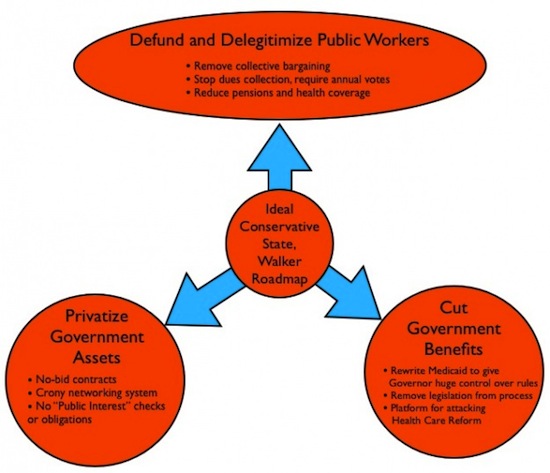Special Issue Guest editors Seth Kahn (West Chester University of PA); Amy Lynch-Biniek (Kutztown University of PA); and Sharon Henry (University of Akron)
This special issue of Open Words invites contributors to consider relationships among three issues:
- contingent labor
- educational access
- non-mainstream student populations (by which we mean both non-traditional students, in demographic terms, and populations more likely to be served by colleges recently than they have been historically)
The fields of composition and literacy studies have struggled with these three issues for decades. Scholarship and policy statements on contingent labor are replete with calls for equity, variously articulated but vigorous nonetheless—and with occasional exceptions, largely unsuccessful. The intensity with which we've written about open-admissions and open-access higher education institutions has waxed and waned over the years, but big questions about the roles of literacy instruction, the micro- and macro-politics of higher education, critical pedagogy, and many more bear on the working, teaching, and learning conditions of open-access campuses as heavily as, if not more than, anywhere else.
Finally, we've thought and written a great deal about working with non-mainstream students (i.e., students often served by open-admissions institutions, but increasingly at other kinds of schools as well), and again, still face large-scale structural problems with ensuring equitable opportunity and quality learning experiences for them. Individually, the problems facing contingent faculty, those facing open-access institutions, and those facing non-mainstream students are difficult. Taken together, we believe they are exponentially more complicated.
Thus the motivation for this issue: we work and live at a time when the American cultural and economic politics are pushing against labor equity and quality education; when colleges and universities operate according to corporate logics that consistently work to dehumanize faculty and students. While these forces come to bear on contingent faculty, open-admissions campuses, and non-mainstream students in unique ways, we also believe that careful analysis of such conditions presents significant possibilities for positive changes across levels and types of institutions. At the risk of sounding cliché, even managerial, difficult situations really do sometimes present unique opportunities.

With that frame in mind, we invite contributions for our Spring 2012 issue addressing relations of contingent labor, open access, and non-mainstream students; manuscripts (generally 15-25 pp., although we will review longer submissions) might consider these questions, or use them as provocations to ask and answer others:
- How does the increasing reliance on adjunct faculty on open-admissions campuses (and/or campuses serving largely non-mainstream student populations) impact students' learning conditions? Faculty's working conditions? Academic freedom? Curricular control? And how are these situations complicated at institutions employing graduate teaching assistants?
- Why is the casualization of academic labor happening more quickly, or to greater degree, on open-admissions campuses and campuses serving non-mainstream students? What strategies do faculty, both contingent and permanent, and students have at our disposal to respond to the inequitable conditions facing us?
- How do the interests of open-admission, community, vocational/technical, and branch university campus faculty coincide/overlap with the interests of students and administrators? How do these interests differ?
- How is the trend toward hiring non-tenure track faculty affecting the teaching of writing? As PhDs in literature, for example, are pushed out of tenure lines into these non-tenure lines, how do their (probable) lack of familiarity with composition scholarship and theory, and differing professional commitments to teaching writing, impact students, programs, and other faculty on our campuses? And, how is this trend affecting literature programs and the degrees to which they can address the interests and concerns of their 'non-mainstream' students?
- To what extent are contingent faculty involved in curricular and/or professional development, and to what extent can/should they be? How might departments/units balance the desire to involve contingent faculty in curriculum development, or placement (for example), with the minimal (if any) compensation most units offer for the work? How does this problem become more complex on campuses serving large populations of non-mainstream students with large numbers of contingent faculty?
Please submit manuscripts electronically, in MS Word (.doc or .docx) or Rich Text Format (.rtf), to Seth Kahn (skahn@wcupa.edu) by June 1, 2011.
Members of the editorial team will also be attending the April 2011 CCCC in Atlanta, and will be available for consultations/conversations then.









